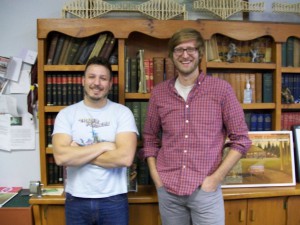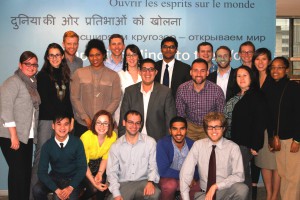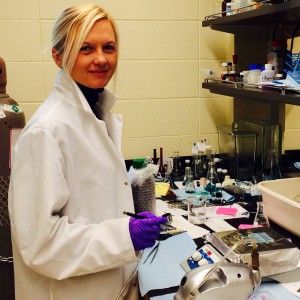
Christiane Hilaire, 1958-1959, Fulbright Foreign Language Teaching Assistant from France (photo courtesy of Bloomfield Hills High School and Penny Shaw)
During my sophomore year at Bloomfield Hills High School in Michigan in 1959, I was blessed by having Christiane Hilaire, a Fulbright Foreign Language Teaching Assistant, as my French teacher. While I was already fascinated by the peoples and cultures of the world, as I had had two pen pals, in Germany and Japan, since age ten. It was Christiane, though, who inspired me and helped me center my education and career toward an international focus.
For an adolescent of fifteen, Christiane, at age twenty-three, became an easy role model. I was captivated by her unique looks and her mannerisms that appeared different and intriguing to me. I loved the way her English had that certain charm of non-native speakers who often translate directly from their native language.
She shared with her students not only the grammar and vocabulary of our textbooks, but personal stories of the village where she grew up. She taught us French songs, showed French movies, and explained history and customs that were meaningful to her. In short, she had a talent for teaching.
In the spring of that year, I read an article in Holiday Magazine about the city of Grenoble, France, including its university. I immediately wrote for information about programs. In the package that arrived, I was notified that I had already been accepted! What a thrill for a sixteen-year-old. It was an intensive French language program for international students. I asked my father if he would pay for me to go to Grenoble for my freshman year of college and he agreed!




